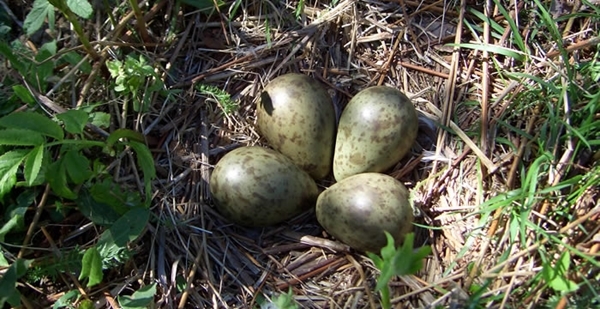
Sir,
The latest curlew report by the British Trust for Ornithology is most welcome (“Curlew nests attacked by foxes and crows”, The Herald, September 26).
Now, we have thirty studies that agree on the problem, perhaps we should focus on what we can do?
Low breeding success is now driving curlew declines. Over 70% of curlew nests (1996-2006) did not hatch a single chick, with foxes and crows eating the most.
Adjusting farming practices may help those curlew still using lowland nesting sites but we must also protect the vast majority that breed in our uplands.
Game & Wildlife Conservation Trust research has established that curlew thrive on grouse moors. We used this work to predict what might happen with and without gamekeepers killing foxes and crows, over the next five years. With gamekeepers, the curlew population increased by 93% and without them it fell by 61%.
So, whilst the national decline of curlew may have originally been driven by habitat loss, we should celebrate the part grouse moors are playing in preserving their remaining breeding habitat and protecting their young from foxes and crows.
Yours sincerely,
Dr Adam Smith
GWCT Director Scotland
Will you help us stop curlew retreating?
 We don’t want the curlew to go the way of many of our much-loved birds, like the corncrake and the nightjar. They shouldn’t be consigned to a few remote places. That is why we are asking you to support this urgent appeal for funds.
We don’t want the curlew to go the way of many of our much-loved birds, like the corncrake and the nightjar. They shouldn’t be consigned to a few remote places. That is why we are asking you to support this urgent appeal for funds.
Donate to our Curlew Appeal >
It is estimated that there are just 300 pairs south of Birmingham, and these could disappear in just eight years. However, this isn’t just a problem facing the south. Breeding curlew have declined by 46% across the UK in just 25 years. The picture would be more widespread if curlew were not thriving on driven grouse moors.
Farmland conservation schemes have largely stabilised adult curlew numbers by halting further habitat loss.
The problem now is chick survival. The fate of the curlew is literally in the hands of farmers and gamekeepers - we need to get the right advice out there fast.
How you can help
£25 could help us to get our practical guidelines in the hands of those on the ground who can bring about curlew recovery
£100 could help us to highlight how current conservation policy is failing to give curlew the best chance of recovery by briefing journalists and politicians
£250 helps us to get advisors out to curlew sites and assess what can be done to aid their recovery on the ground this year
Donate to our Curlew Appeal >